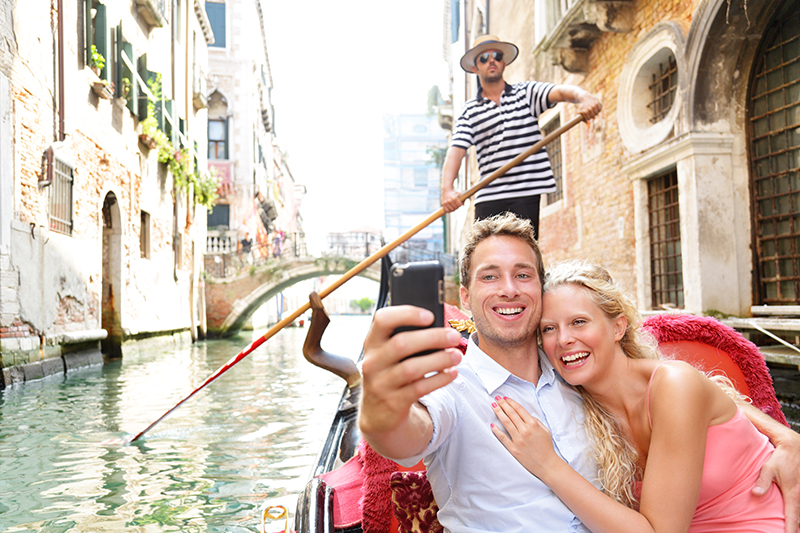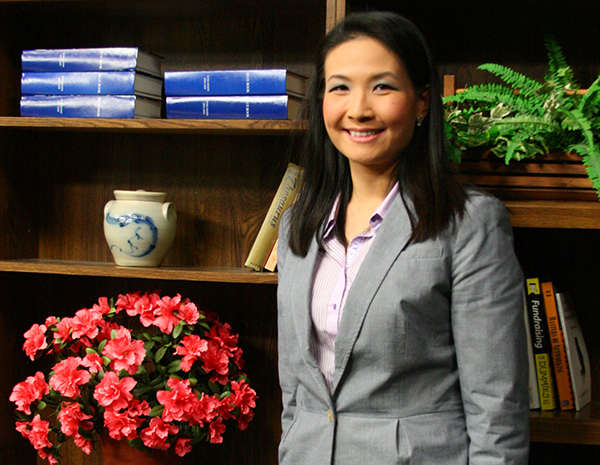Cupid and culture: Researcher compares Western and Eastern attitudes on romantic gifts
02/07/2018What is the perfect gift for Valentine’s Day? The answer might depend on whether one is a Westerner or Easterner, says Dr. Sydney Chinchanachokchai (SID-nee Chin-cha-na-CHOK-chay), an assistant professor of marketing here at The University of Akron (UA).
Chinchanachokchai and Theeranuch Pusaksrikit (Tee-Ra-Nooch Pu-Sak-Sri-Kit), an assistant professor of marketing in Thailand, questioned Americans (representative of Westerners in the study) and Thais (representative of Easterners) about their preferences regarding romantic gifts. The results of their study, to be published in a chapter of an upcoming book called “Gifts, Romance, and Consumer Culture,” reveal notable cultural differences.
Although chocolates, flowers and jewelry are staple romantic gifts in the U.S., Chinchanachokchai found that Americans prefer “experiential gifts” – such as meals, getaways and concerts – to material gifts. The opposite was true of respondents from Thailand.
This difference, Chinchanachokchai reasons, is attributable to Western individualism and Eastern collectivism.

Gifts that offer an experience are often the most valued in Western culture.
“We believe that Westerners (Americans) who are in an individualistic culture place emphases on oneself, independence, freedom and pleasure,” she says. “They also look for uniqueness. Since experiential gifts are more unique to the individual and can’t be compared with others (no two experiences are the same), these gifts could attract more interest from Westerners. … It is also why they like the DIY or personalized gifts more.”
“On the other hand,” Chinchanachokchai adds, “Thais and other Asians (Easterners) are considered collectivist cultures, which means they focus on interdependent relationships between themselves and other people around them. … These people usually possess brand names or luxurious products because of their desire to have favorable social self-worth and to be respected by others in the society.”
Another difference is that Americans showed a greater preference for surprise gifts. Chinchanachokchai, citing previous research, points out that Easterners are less fond of surprises because they tend to value predictability and reciprocity.
“Some Asians may feel indebted if they are not able to reciprocate the gift,” she says.
Yet, whether the gift be an item or experience, respondents from both cultures ultimately agreed that it is the thought behind the gift that counts most.
“Both cultures said the perfect gift for them must be something that represents the relationship,” Chinchanachokchai says. “The gift needs to represent the memory that reminds them of the relationship with their romantic partner. … The givers also need to show that they put time and effort into finding or making the gift.”
Media contact: Lisa Craig, 330-972-7429 or lmc91@uakron.edu.

Dr. Sydney Chinchanachokchai
